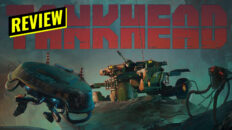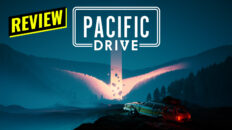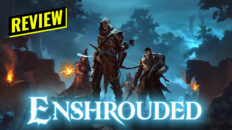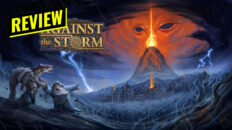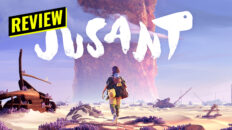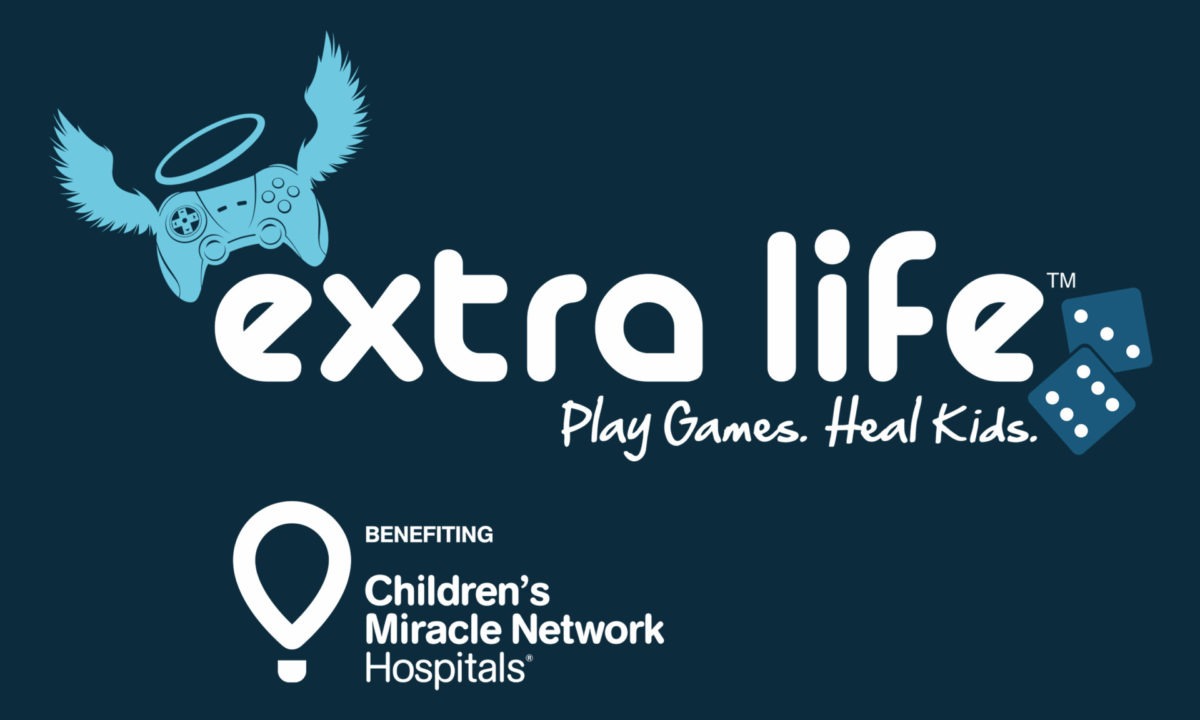A game 10 years in the making, Owlboy blends wonderful pixel art graphics with a surprisingly deep story. Well written dialogue and character animations bring to life a cast of characters that are as varied as the environments they inhabit.
When I first launched Owlboy I was taken aback by it’s intense detail. Not just in the hand-drawn trees that sway back and forth, but also in the way characters express themselves and tell their stories. Owlboy presents a serene, whimsical world, but grounds it with emotional characters and a harrowing story. In a landscape full of pixel-art games, Owlboy soars above the others by injecting legitimate characters into a traditional framework.

 You play as the titular Owlboy, whose name is Otus. Otus is part of an ancient race of owls responsible for the formation of the floating islands that the people inhabit. As such, a lot is expected of you. You are a mute trying to become a master owl, walking in the footsteps of your ancestors. You often stumble during your trials and your master constantly berates you about it. He tells you how much of a failure you are, and routinely calls you an idiot. Imagine him as a father figure whom, no matter the outcome, is never satisfied, and only points out your errors. In a world being destroyed by magical mechanical pirates, this abusive relationship serves to ground the story, and reminds you that moral support is just as important as your weapons.
You play as the titular Owlboy, whose name is Otus. Otus is part of an ancient race of owls responsible for the formation of the floating islands that the people inhabit. As such, a lot is expected of you. You are a mute trying to become a master owl, walking in the footsteps of your ancestors. You often stumble during your trials and your master constantly berates you about it. He tells you how much of a failure you are, and routinely calls you an idiot. Imagine him as a father figure whom, no matter the outcome, is never satisfied, and only points out your errors. In a world being destroyed by magical mechanical pirates, this abusive relationship serves to ground the story, and reminds you that moral support is just as important as your weapons.
As a result of this emotional pressure, a tight camaraderie forms between you and your friends. You are a ragtag group of outcasts who don’t feel welcome even at home. You build a bond fighting and exploring the world at large, which contrasts with other games in this genre. Their personalities are expressed through thoughtfully written dialogue and, most importantly, through tiny pixel-art mannerisms.
Geddy is a hot head, eager to get on the case of anyone bad-mouthing Otus. Alphonse is more level headed. These characters are so expressive that they actually embody their personalities. You learn to anticipate their reactions as you would with your friend’s. Normally these characters would boil down to what gun they carry, but not in Owlboy. For instance, you’d typically remember Alphonse as the big guy with a fiery musket, but instead you’ll remember him as a smart, turncoat pirate who who uses his brains as much as his brawn.
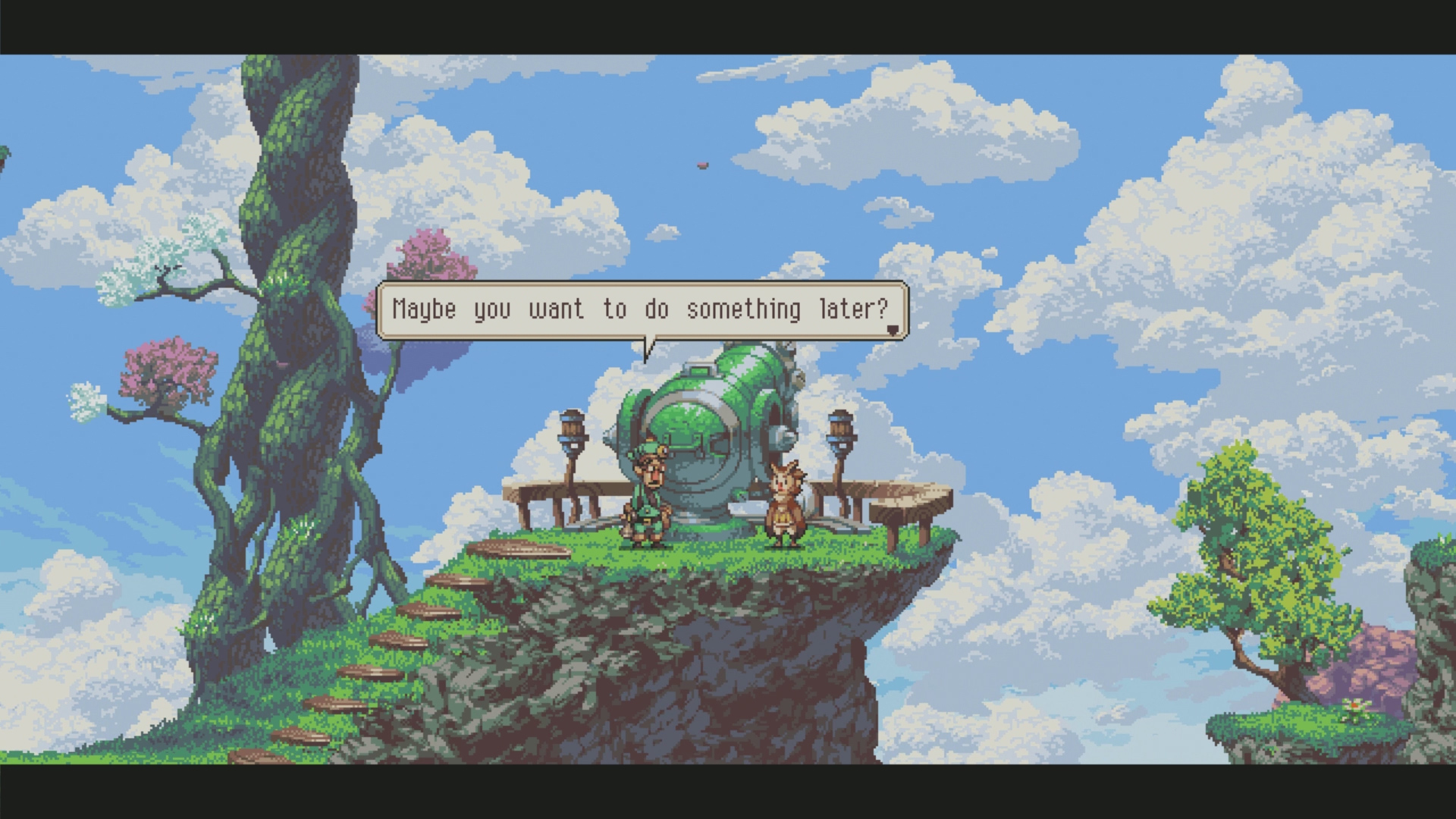
When Otus is put down by his master he can’t express his feelings through words, so he uses his body. He shivers and recoils as his eyes swell with tears. He looks sad as Geddy tells him about all the lives that were lost during the recent pirate attack. He also wears a face of shock and bewilderment as he is magically teleported from place to place. These physical reactions stir emotions that simple lines of dialogue can’t. As a result, Otus becomes a sympathetic person so full of life and soul that you often forget he’s also there to save the world.
In addition to the amazing cast of characters, Owlboy is also a great action game. Enemy encounters are varied and challenging, constantly throwing you curve balls. They even mix in some intense, edge-of-your seat stealth sequences where one wrong move can spell the end of your journey. Combine that with clever puzzles designed around dungeon-specific mechanics and the game never gets old.
“By giving the characters depth typically reserved for RPGs, Owlboy carves its own path.”
Owlboy would have blown the world away back in 2008. However, even today in a world full of pixel-art action games, it’s proven to me that there is still room for the genre to grow. By giving the characters depth typically reserved for RPGs, Owlboy carves its own path. It turned what could have been just another action-adventure game into something I will remember for a long time to come. I highly recommend giving Owlboy a shot.


